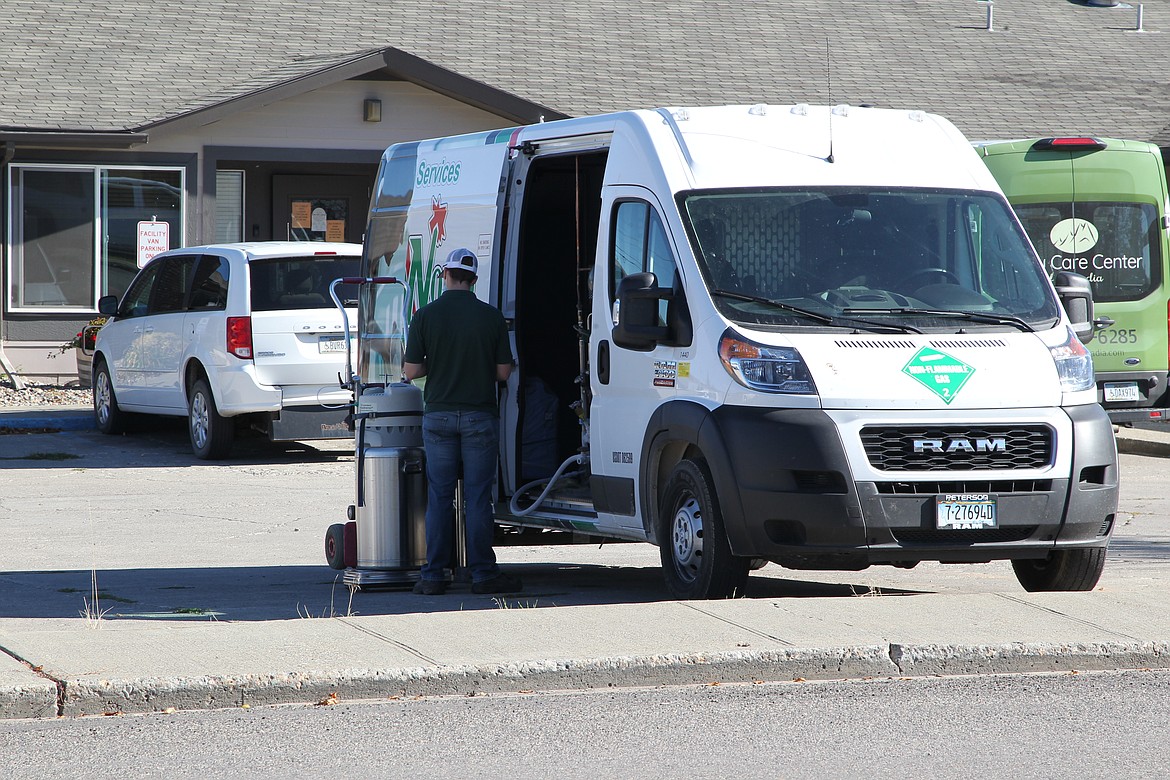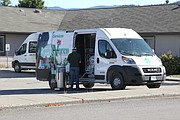Recent Libby Care Center outbreak stretched staffing thin as it raced through facility
An outbreak at the Libby Care Center, which left at least 10 residents dead and infected 20 staff members last month, has worn the local nursing home thin.
Within 10 days of an employee testing positive, the virus had infected 36 residents, according to Rachel Toland, facility administrator...
Become a Subscriber!
You have read all of your free articles this month. Select a plan below to start your subscription today.
Already a subscriber? Login




